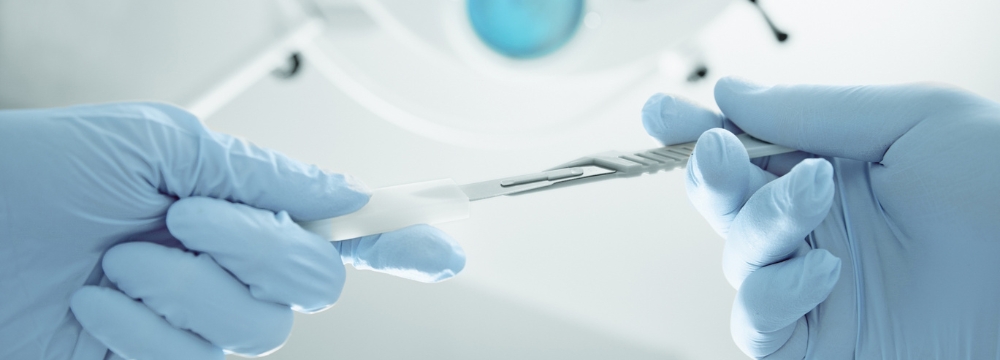
When a couple has decided that they no longer wish to have children, there are options to make that a reality permanently; however, none are more effective and minimally invasive than a vasectomy. For one, birth control, either in the form of medication or devices and condom use, are not always practical or 100% effective. They may also cause disruptive hormonal concerns or dampen a couple’s sex life. Tubal ligation, colloquially known as tying one’s tubes, is an invasive procedure with risk and, potentially, some lifestyle concerns. On the other hand, vasectomy is very straightforward, easy to perform, low risk, and over 99% effective.
That 99% effectiveness does leave the slightest chance of pregnancy after a vasectomy, and in this article, we discuss exactly why. To understand how a vasectomy works, we must consider how sperm is ejaculated. Sperm is produced in the testes connected by tubes, known as vas deferens, to the urethra. When a man ejaculates, the sperm mixes with seminal fluid produced in the seminal vesicles and prostate to create the volume of ejaculate needed for impregnation.
During a vasectomy, the vas deferens are cut, eliminating the possibility of sperm reaching the urethra.
Considerations of a Vasectomy
With that said, while the tubes have been cut, some sperm remains in the “system” for up to two months after the vasectomy. As such, Dr. Natale will suggest that couples use birth control during that time to best avoid the possibility of an unexpected pregnancy. Dr. Natale will perform a semen analysis around eight weeks after the vasectomy to ensure that there is no sperm in the seminal fluid and that the couple can enjoy unprotected sex with virtually no chance of pregnancy.
That said, there is the possibility, albeit very infrequent, of the vas deferens growing back and, once again, allowing sperm to enter the semen. This is something that any man undergoing a vasectomy should know of, but its rarity means that it shouldn’t be something to worry about actively.
Of course, employing an experienced urologist like Dr. Natale to perform the vasectomy is important in ensuring the procedure is performed correctly, despite its simplicity.
Vasectomy Reversal
Without understanding the concept of a vasectomy reversal, no discussion about vasectomies is complete. One of the other significant benefits of a vasectomy is that it can be reversed successfully, especially in patients who had their initial vasectomy within the prior ten years. For these men, and when employing an experienced vasectomy reversal surgeon, a success rate of 75% is expected. This success rate drops significantly after 15 years. A vasectomy reversal is not a small undertaking. It’s a complex microscopic surgery that requires significant skill from the urologic surgeon performing the procedure.
Patients should be aware that other factors, including their own fertility and that of their partner, may make getting pregnant difficult or impossible even after a successful vasectomy reversal.
Ultimately, when you follow the post-operative instructions of your vasectomy, there is an excellent chance that your procedure will result in effective, permanent, and safe birth control. We encourage you to contact our office for any other questions about a vasectomy, fertility issues, or a vasectomy reversal for a consultation with Dr. Natale.



